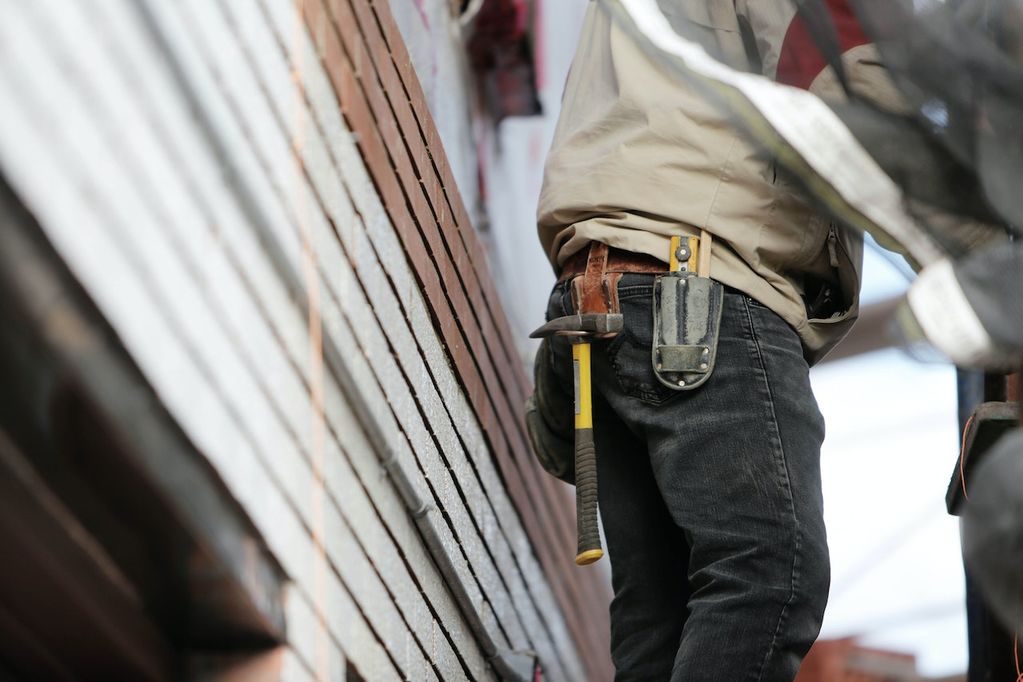Buying a home is one of the biggest financial decisions you will ever make, and it can be incredibly exciting. However, it’s also easy to get caught up in the moment and make a purchase that you may later regret. In this blog post, we’ll outline the 6 most common causes of buyer’s remorse that we see in home buyers.
1. Rushing to Buy
Buying a home is a major life event, and it’s important to take your time to ensure you’re making the right decision. Rushing to buy can lead to settling on features that won’t make you truly happy or will affect your daily life in the long run, like purchasing a home that doesn’t have a first-floor bedroom or that has too many stairs when you plan to age into the home. Take the time to think through your options and consider what you really want and need. It’s also important to communicate with your partner and not cave to pressure to buy when you don’t feel ready.
2. Not Looking at Affordability Beyond the Mortgage Payment
When you’re considering buying a home, it’s important to remember that there are more costs than just the mortgage payment. You’ll also need to consider utilities, property taxes, home insurance, termite bonds, repairs, and upkeep, as well as a homeowners’ association fee, if there is one. It’s crucial to be realistic about your expenses and budget for future repairs. Be honest about your money tendencies, including your savings goals and what level of financial restriction will impact your happiness. This will help you better understand how much you can afford and how much you want to afford.
3. Skipping the Inspections
Skipping inspections to save money or make your offer more appealing to the seller is never a good idea. Home inspections may reveal major issues that could end up costing you more in the long run. In coastal North Carolina, buyers typically get a home inspection and pest inspection. They may also get a fireplace inspection, radon test, or mold inspection. Your home inspector may recommend further inspections by specific professionals if they find something wrong with the major systems or the structure of the home. Home inspections don’t always unveil everything wrong with a home, but they do reveal a lot, and it’s recommended to have the home re-inspected after major repairs are made.

Man mowing lawn. Photo by Magic K from Pexels.
4. Underestimating Upkeep and Maintenance
It’s important to consider the level of upkeep and maintenance required for a property before making a purchase. Some buyers underestimate the amount of work they’ll have to put in, especially those who purchase homes with swimming pools and amazing yards (mowing a lawn and weeding sounds easy until you find yourself doing it in the heat of summer). Older homes can also require more upkeep than newer homes, especially if past owners haven’t made any updates. Make sure you’re prepared to handle the maintenance yourself or budget to pay someone else to do it for you.

Two women riding in car. Photo by RDNE Stock project from Pexels.
5. Not Inspecting the Neighborhood
As a home buyer, it’s important to thoroughly inspect the property inside and out before making a purchase. However, it’s equally important to pay attention to the neighborhood because it too will affect your quality of life. Before you make an offer and during the Due Diligence Period, take the time to drive through the community at different times of the day. This can give you a sense of the traffic and activity in the area. If the community has amenities, such as a pool or park, see if there are any neighborhood events or clubs that may interest you. Additionally, it’s worth reviewing crime maps and checking out online groups for the neighborhood, but keep in mind that people are more likely to complain than praise in an online setting. Talking to neighbors can also be a good way to get information but remember that each person has their own bias, and no community is perfect. Lastly, researching future road projects in the area can help you anticipate any potential issues that may affect the property and community traffic.
One of the biggest sources of remorse is from people who have purchased in a community that has a homeowners’ association (HOA) and didn’t fully understand what that entailed. It’s important to read the community’s documents. While communities with homeowners’ associations have the most documentation outlining the rules and regulations they feel are important for upholding property values, even communities without HOAs can have restrictive covenants outlining how the property can be used. If a neighborhood doesn’t have an HOA to monitor the community, neighbors can sue you directly if they feel your property usage is affecting their quality of life. You don’t want to find out the hard way that you’ve done anything that’s prohibited, because it usually entails a hefty fine and may include the court of law.

Contractor working. Photo by Life Of Pix from Pexels.
6. Relying on the Seller’s Word
It’s important to note that most sellers aren’t trying to deceive or harm buyers, but it’s still crucial for buyers to take precautions to protect themselves and their interests. Don’t leave anything to chance, especially when it comes to things like easements or shared resources. Make sure to get any agreements in writing, so you have a record of what was agreed upon. It’s also important to get a survey and a title search completed to ensure that there are no unforeseen issues with the property. Even after repairs are made, it’s a good idea to have a third-party reinspection to verify that everything was done correctly. And if you’re buying new construction, make sure to get any promises in writing before signing the final documents. By taking these steps, buyers can protect themselves and ensure a smooth buying process.
In conclusion, take your time when buying a home, consider all costs, get inspections, prepare for maintenance, inspect the neighborhood, and protect your own interests. By doing so, you’ll be able to make a more informed decision and minimize the risk of buyer’s remorse.





